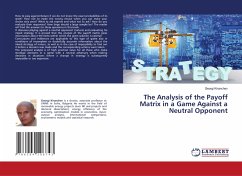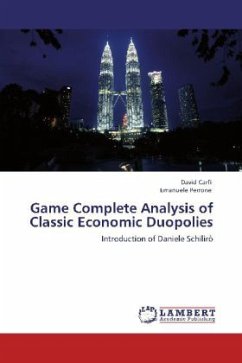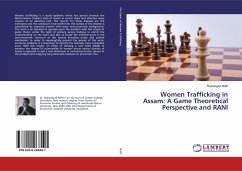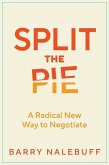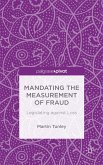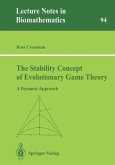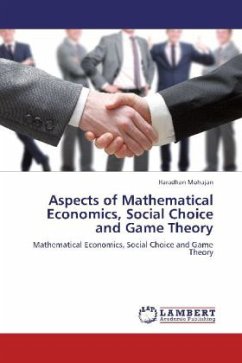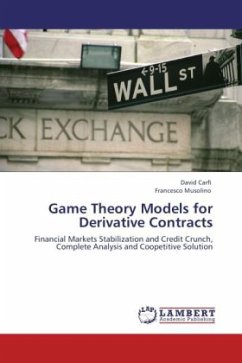How to play against Nature if we do not know the exact probabilities of its state? How not to make the wrong choice when you can make your choice only once? What to ask experts and what not to ask? How do you evaluate their responses? How large should a large sample be? The reader will find the answers to these questions in this book.It discusses playing against a neutral opponent (nature) and evaluating his mixed strategy. It is proved that the analysis of the payoff matrix gives information about the limits within which the given solution is optimal.Conclusions and evidences are applicable to this type of game also in conditions of incomplete or doubtfully accurate information about the mixed strategy of nature, as well as in the case of impossibility to find out it before a decision was made and the corresponding actions were taken.The proposed analysis is of high practical value for all those who make strategic decisions in a game with a neutral adversary when making decisions in situations where a change in strategy is subsequently impossible or too expensive.

